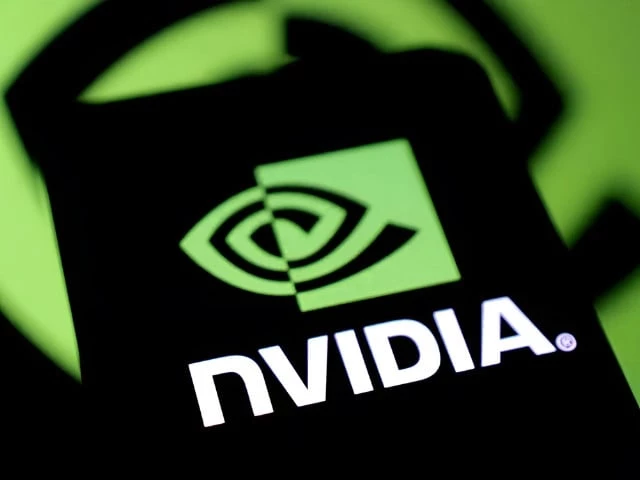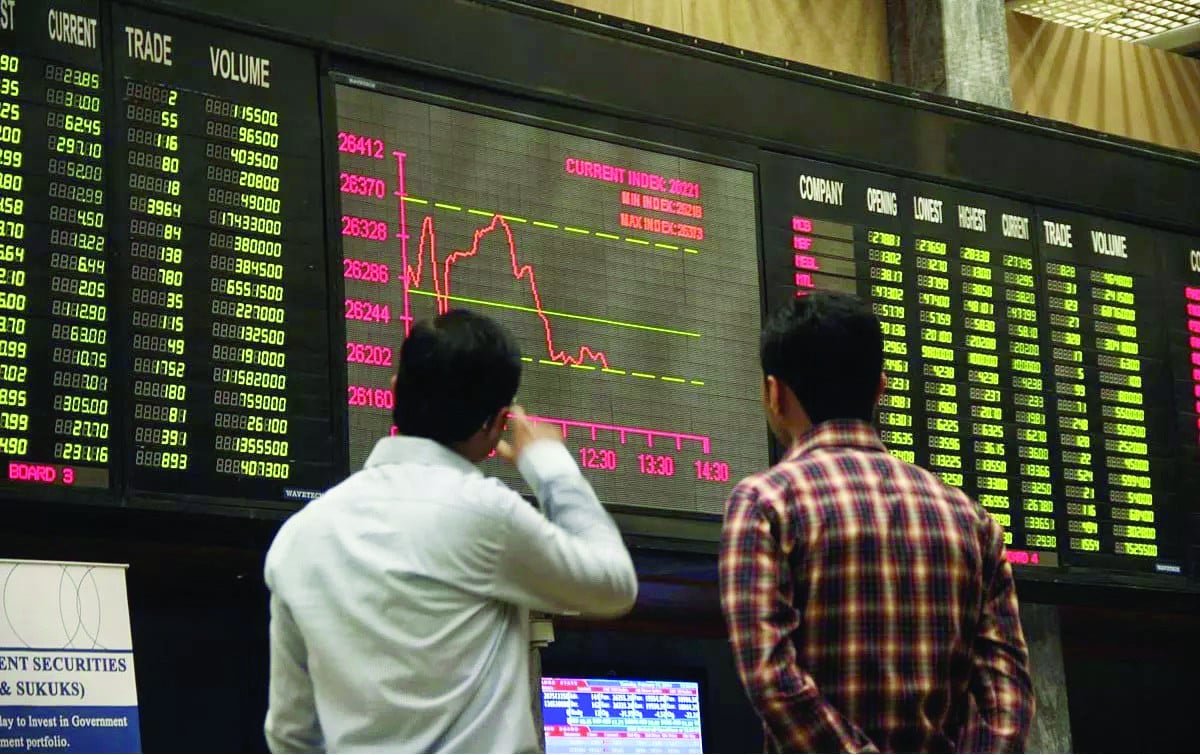Nvidia’s New AI Chip: What You Need to Know
Nvidia is at it again, and this time, they’re making waves with a new artificial intelligence chip aimed at the Chinese market. Building on their latest Blackwell architecture, this chip is rumored to be even more powerful than their current H20 model available in China. With so much chatter around AI and tech advancements, let’s dive into what this means for both Nvidia and the broader tech landscape.
What’s the Scoop on the B30A Chip?
So, here’s the deal: the new chip, known in the works as the B30A, is designed with a single-die configuration. This means that all the essential components are packed into one piece of silicon, rather than being spread out over multiple dies. This single-die approach could deliver about half the raw computing power compared to Nvidia’s top-tier B300 accelerator card, which uses a more complex dual-die layout.
With features like high-bandwidth memory and Nvidia’s NVLink technology—both essential for fast data transfer—this chip is set to be a notable contender in the market. Nvidia aims to get samples ready for Chinese clients as early as next month, paving the way for some interesting developments.
Regulatory Concerns Looming
Despite the excitement, don’t get too carried away just yet. The release of advanced technology in China isn’t a straightforward process. Recent comments from US officials suggest that there are ongoing concerns about sharing sensitive AI technology with China, particularly given the geopolitical climate. While President Trump has hinted at easing restrictions on advanced chips, the regulatory framework remains murky.
Nvidia itself is tread carefully, making sure everything they offer complies with U.S. government regulations. According to their statement, they maintain that their developments are approved for beneficial commercial use. This cautious approach shows their commitment to operating within the existing regulatory landscape while still trying to innovate.
The Bigger Picture
This move isn’t just about one chip. It’s indicative of a broader trend where tech companies are navigating a complex web of international policies, competition, and evolving market needs. Nvidia, a leader in AI technology, understands the stakes and is positioning itself to remain competitive—provided they can maneuver through the political landscape effectively.
In summary, while the B30A chip might sound like the next big thing, its journey to market is fraught with challenges. Tech enthusiasts and industry watchers alike will be keeping a close eye on how this plays out.
If you’re interested in more insights and updates on cutting-edge technology, consider connecting with Pro21st. Stay informed and stay ahead in this fast-paced tech world!





